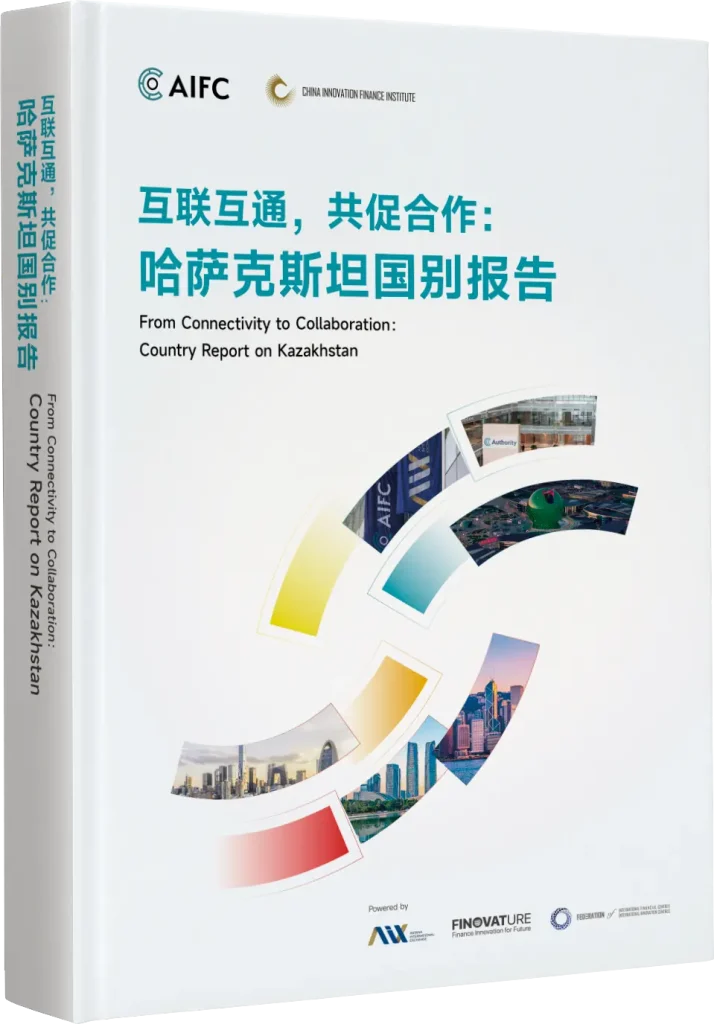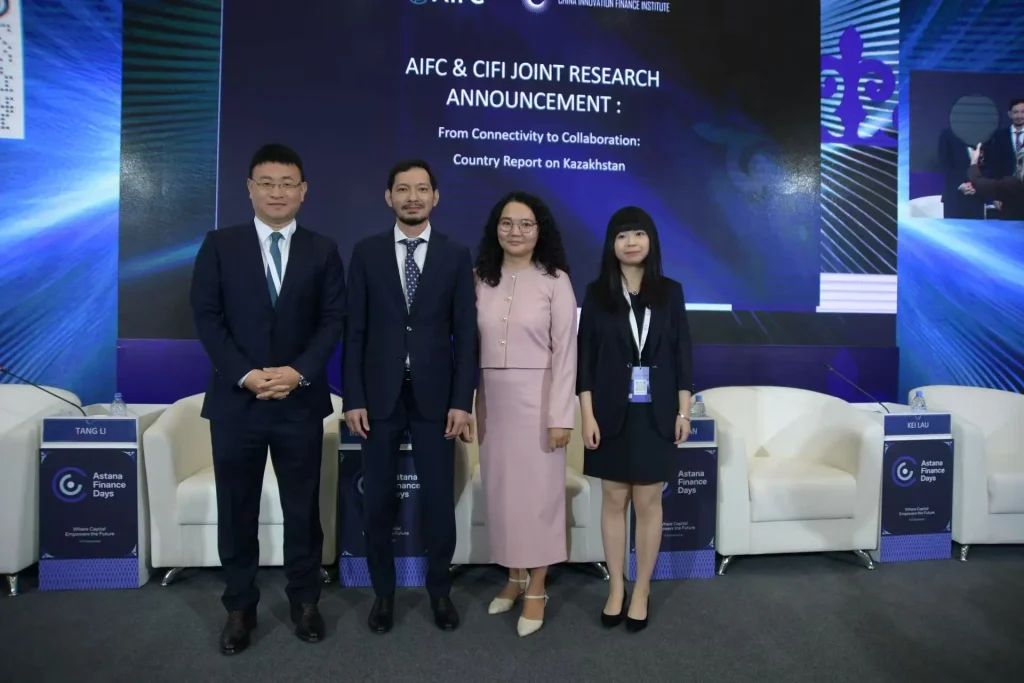On September 4–5, 2025, the 8th Astana Finance Days (AFD) was held in Astana, Kazakhstan. Organized by the Astana International Financial Centre (AIFC), the event featured more than 30 thematic panel discussions covering topics such as infrastructure investment, green finance, and the digital economy. Over 150 speakers engaged in in-depth discussions around three central themes: financial capital, infrastructure capital, and institutional capital.

Deputy Prime Minister of the Republic of Kazakhstan Kanat Bozumbayev attended the event and remarked at the forum: “Welcome to the panel discussion focusing on infrastructure investment in emerging markets. Infrastructure is one of the core drivers of economic growth. Situated at the heart of the Eurasian continent, Kazakhstan has made infrastructure development a national policy priority. We are committed to building modern transport corridors, enhancing transit potential, and actively attracting private investment in the energy and digital technology sectors.”
Timur Suleimenov, Governor of the National Bank of Kazakhstan; Kanat Sharlapaev, Assistant to the President of the Republic of Kazakhstan for Economic Affairs; Hani Kablawi, Senior Executive Vice President and Head of International, BNY; Brett King, a renowned futurist, entrepreneur, and international bestselling author of Bank 4.0: Banking Everywhere, Never at a Bank; along with more than 5,000 brokers, bankers, investors, innovators, and representatives from the financial, technological, public, and quasi-public sectors, hailing from over 70 countries and regions worldwide.

At the thematic panel discussion on “Shaping the Financial Future of the Belt and Road”, the From Connectivity to Collaboration: Country Report on Kazakhstan, jointly compiled by the China Innovation Finance Institute | Chengdu and the Astana International Financial Centre (AIFC), was officially released. Against the backdrop of the evolving global geo-economic landscape and the flourishing cooperation between China and Central Asia, financial and innovation collaboration between China and Kazakhstan now stands at a new historical starting point. The report highlights the shared efforts and aspirations of both sides to advance sustainable and innovative financial cooperation between the two countries.

This report presents a country study on Kazakhstan and provides a systematic analysis of Kazakhstan’s economic structure, key industries, and financial system. It offers a comprehensive overview of Kazakhstan’s economic development trajectory as the largest economy in Central Asia and a pivotal hub connecting East and West. The report also explores in depth the role of the Astana International Financial Centre (AIFC) and the Astana International Exchange (AIX) in supporting international capital formation and cross-border financing.
By examining the latest trends and structural characteristics of China-Kazakhstan cooperation, the report highlights opportunities in areas such as the development of a regional RMB center, the development of localized RMB financing channels, and financial regulatory coordination. It provides both policy insights and practical references for the future advancement of China-Kazakhstan cooperation across a wide range of sectors, particularly in the financial domain.
In terms of comprehensive cooperation, the report suggests that China and Kazakhstan advance cooperation in four priority areas: positioning Kazakhstan as Central Asia’s regional RMB Centre; supporting AIFC and AIX to deepen their strategic presence in China and build market-oriented, diversified, sustainable, and localized RMB financing channels; strengthening financial regulatory coordination through multilateral frameworks to safeguard financial security; and converging regulatory standards while establishing a cross-border financial dispute-resolution mechanism.
Renat Bekturov, Governor of the Astana International Financial Centre, stated: “We hope this report will be useful in translating connectivity into collaboration-enhancing resilience, enabling innovation, and sustainable outcomes for both countries and the wider region.” Calvin Chenggang Fu, Chairman of the China Innovation Finance Institute | Chengdu, remarked: “It is our hope that this report will offer valuable insights to inform the decisions of policymakers, investors, and financial institutions, there by fostering a stronger China-Kazakhstan partnership and advancing sustainable development throughout the region. Together, we look toward a future of shared growth and prosperity.”

Previously, the China Innovation Finance Institute | Chengdu had signed MoUs with the Astana International Financial Centre Authority and the Astana International Exchange. Looking ahead, the Institute and the AIFC will continue to advance in-depth cooperation between China and Kazakhstan across various fields, contributing to the high-quality development of the Belt and Road Initiative.

